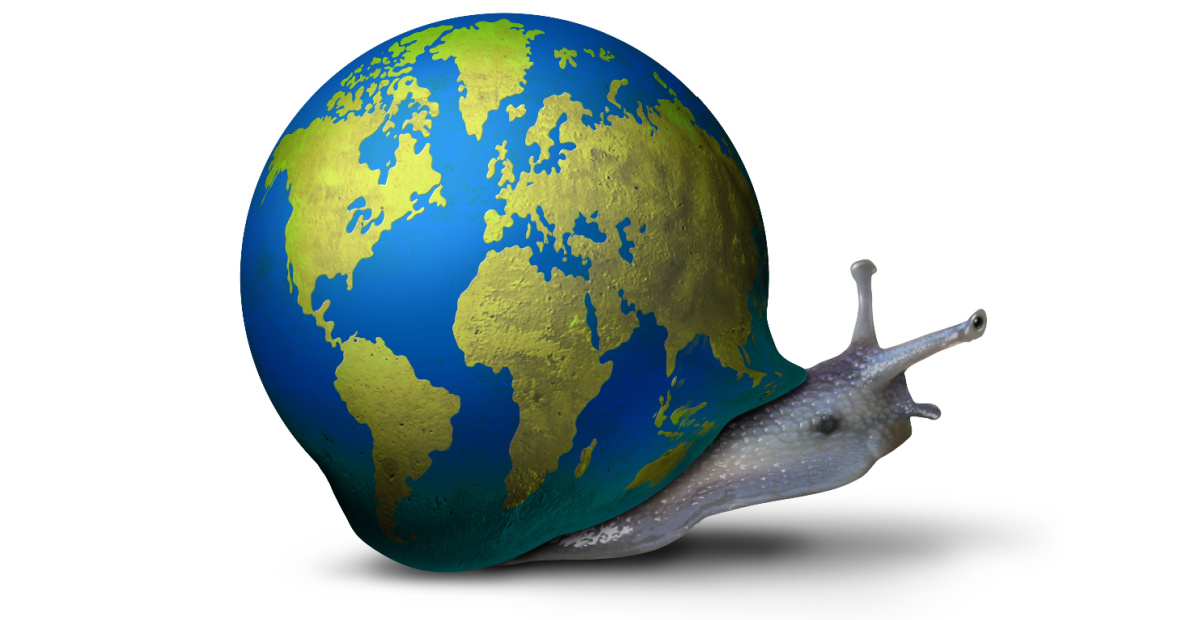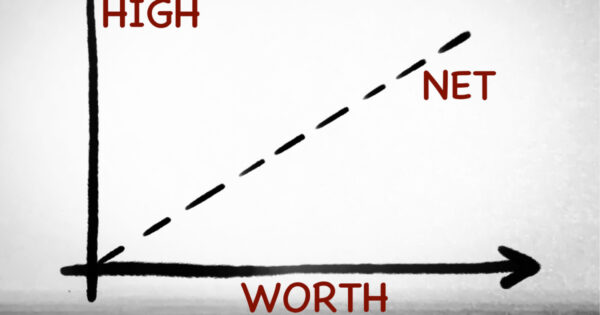Expect ‘deep cuts’ to global growth: Fitch

Respected credit ratings agency Fitch Ratings has sharply lowered its forecasts for global growth, as escalating trade tensions weigh down on the growth prospects of the world’s two leading economies.
In a special update to its quarterly Global Economic Outlook (GEO), issued in March, Fitch has cut its world growth forecast by 0.4 percentage points.
World growth is projected to fall below 2% this year – outside of the Covid pandemic, the weakest growth rate since 2009, in the wake of the global financial crisis.
Both China and the US, caught in an escalating trade war, will lose 0.5 percentage points, Fitch predicts.
While US annual growth this year is expected to remain positive at 1.2%, this “will slow to a crawl”, Fitch says, hitting 0.4% year-over-year in 4Q25.
Meanwhile, China, which averaged an enviable 7% GDP growth throughout the 2010s, is forecast to fall below 4% this year.
The Eurozone’s sluggish growth will persist, predicted to be well below 1%.
“US ‘Liberation Day’ tariff hikes were far worse than expected,” Fitch wrote.
“While subsequently paused and replaced with a near-universal 10% rate for 90 days, the shock prompted several rounds of retaliatory moves between China and the US, taking bilateral tariff rates over 100%.”
The US average effective tariff rate (ETR) has risen to 23%, the highest since 1909; this, Fitch forecasts, will fall back to 15% US ETR on other trade partners, in line with its March GEO.
Overall, Fitch sees the tariff escalation hitting US-China trade flows “dramatically”, driving up inflation risk.
“With limited scope for import substitution or trade diversion in the near term, the adverse supply shock in the US could be marked. Our US inflation forecast has been revised up to over 4%, implying a stagnation in real wages.”
“Massive policy uncertainty is hurting business investment prospects, equity price falls are reducing household wealth and US exporters will be hit by retaliation.”
China’s better-than-expected growth over the past year, in large part driven by net trade (which contributes about one-third of the country’s GDP), will likely slow sharply, as it and the US engage in an effective trade embargo.
Beyond the challenge of redirecting trade from its biggest trading partner, the US – which represents around 16% of its total global exports – China is also facing an ongoing housing slump and deflationary pressures. However, in response, Fitch expects policymakers in Beijing to step up fiscal and monetary policy easing.
“[As] the world’s two largest economies slow, spillovers will be felt far and wide, and this is reflected in our broad-based downward forecast revisions,” Fitch concluded.











On that basis then, advisers that have done nothing wrong, should not be expected to pay for the wrongs of…
On the very same theory, why should I pay for the misdeeds of others ? It wasn't my financial advice…
ISFs on the other hand a BEGGING Government to charge these same 12 Million low- and middle-income Australians HIDDEN COMMISSIONS…
neither do we! adviser!
No one should be paying this CSLR fee that is not involved with the corruption. Industry Funds are innocent but…